Introduction
Properly using organic water-soluble fertilizers can ensure healthy growth for field crops, home gardens, and even indoor plants. Just like we need to take in various nutrients to grow healthily. Fruits, flowers, and vegetables also require essential nutrients. Organic water-soluble fertilizers provide macronutrients and micronutrients that plants can quickly and easily access to enhance crop growth and produce quality. However, nutrients and how and when they are provided make all the difference, and in this guide, we’ll walk you through everything you need to know about applying organic water-soluble fertilizers effectively.
Table of Contents
What is Organic Water Soluble Fertilizer?
Unlike traditional chemical fertilizers, organic water-soluble fertilizers are derived from natural sources such as plant extracts. They are packed with essential nutrients for healthy plant growth and contain no harmful synthetic additives. Nutrients are released immediately and are easily absorbed by plant roots. By incorporating organic fertilizers into your gardening efforts, you not only provide your plants with essential nutrients but also improve soil health and microbial activity.
KHUMIC organic water-soluble fertilizers are usually provided in granular or powder form, which are completely soluble in water. In addition, there are also some organic water-soluble fertilizers in concentrated liquid form, which adjust your dosage accordingly feed to be diluted when applied.
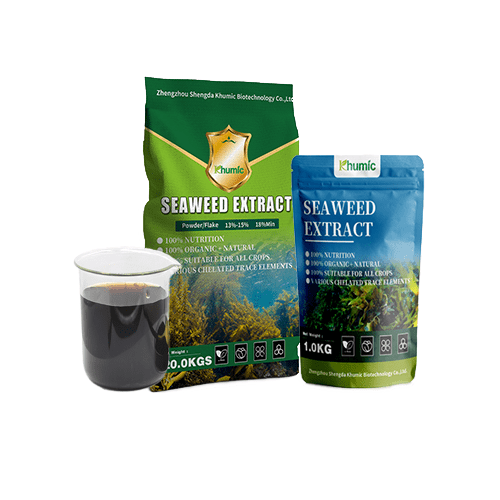
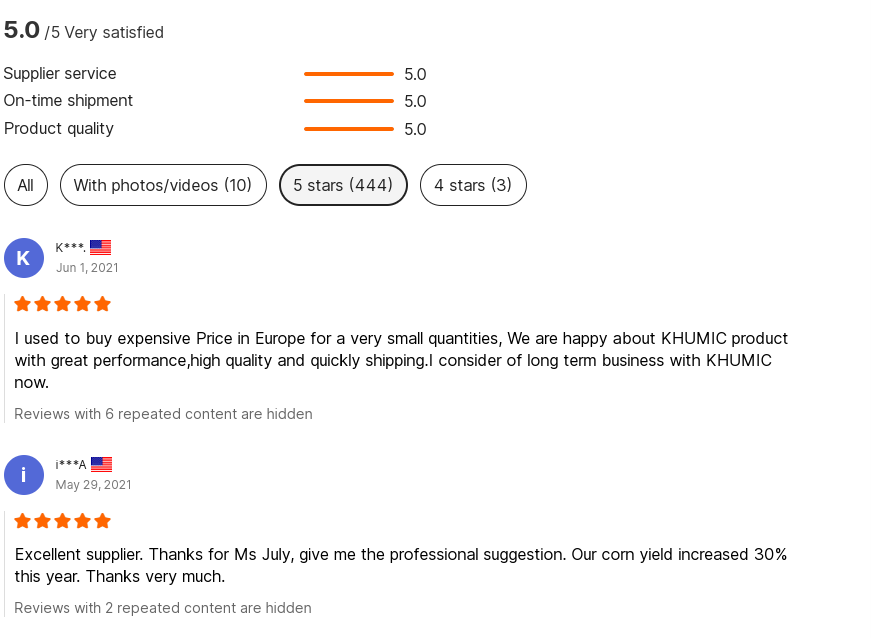
Guidelines for Applying Organic Water Soluble Fertilizers
Choose the Right Fertilizer
Organic water-soluble fertilizers include fulvic acid fertilizers, humic acid fertilizers, amino acid fertilizers, seaweed extracts, and fish-based water-soluble fertilizers. Understand the benefits of different fertilizers, and choose products that meet your plants’ specific needs. Look to consider factors such as nutrient content and plant type for optimal growth.
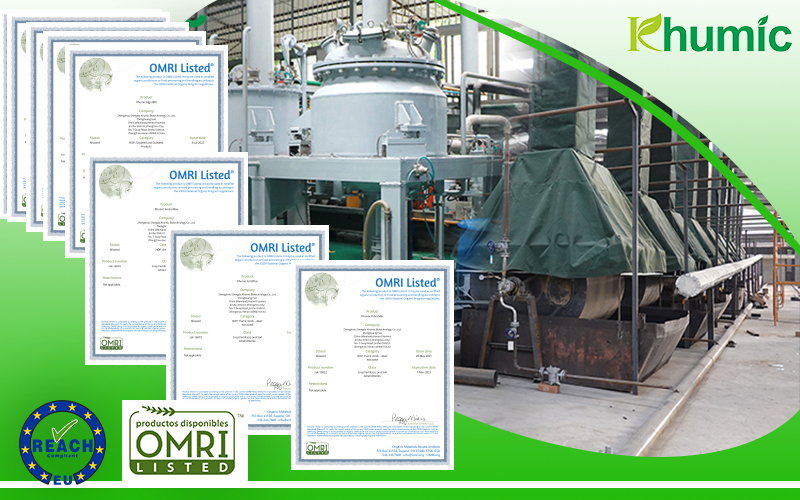
Dilute Fertilizer
Follow the instructions on the fertilizer package to determine the correct dilution ratio. It is important not to overdo or dilute the fertilizer to avoid harming the plants.
First, fill the storage tank with 70% water, preferably warm water, and add the required amount of fertilizer (calculated as 100%), adding fertilizer while stirring. After adding the required weight of fertilizer, continue stirring while adding Leave 30% of the required amount of cold water to achieve the desired final stock volume. If accurate weighing is not possible, you may consider dissolving the entire bag and adjusting the volume of the stock solution as needed. Make sure fertilizer and water are thoroughly mixed before planting. KHUMIC company provides precise after-sales service, which you can consult for reference.
To ensure that the fertilizer stock solution is diluted correctly, it is a good idea to make a small diluted sample of the concentrate and check the concentration.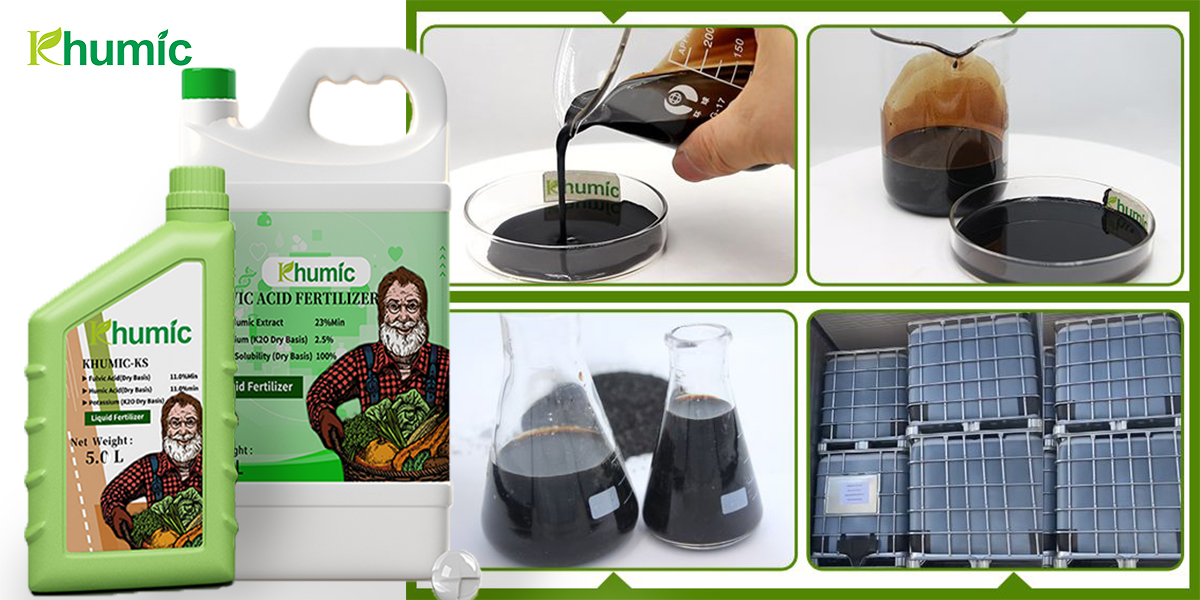
Water the Plants
Before applying fertilizer, water your plants thoroughly to prepare the soil for nutrient absorption. Make sure the soil is moist but not waterlogged. After fertilizing, water to a certain extent to ensure that the fertilizer reaches the roots of the plants.

Fertilize
Spread the diluted organic water-soluble fertilizer evenly around the base of the plant using a watering can or sprayer, avoiding direct contact with the leaves to prevent burning. Make sure to cover the entire root area for maximum effect. Avoid fertilizing during extreme weather conditions, such as heavy rain or high temperatures, as this may cause nutrient loss or plant burn.
Rotate different types of organic fertilizers to provide plants with a variety of nutrients.
Monitor and Adjust
Pay close attention to the plant’s response to fertilization. If you notice any signs of nutritional deficiencies or excesses, adjust your dosage accordingly.
For example:
1. Nitrogen (N)
Deficiency: Old leaves turn yellow and growth and development are stunted.
Overdose: The leaves are lush and dark green, but flowering is delayed.
2. Phosphorus (P):
Deficiency: Purple or reddish leaves, poor root growth.
Excessive: stunted growth and yellowing leaves.
3. Potassium (K) :
Defects: yellowing of leaf margins, weak stems.
Overdose: Reduced absorption of magnesium and calcium, leading to deficiencies in these nutrients.
4. Magnesium (Mg):
Deficiency: interveinal yellowing, leaf curling.
Overdose: Interferes with the absorption of other nutrients such as potassium and calcium.
5. Iron (Fe):
Defects: Yellowing between veins, but veins remain green.
Overdose: Can cause toxicity, causing leaves to become bronzed or brown.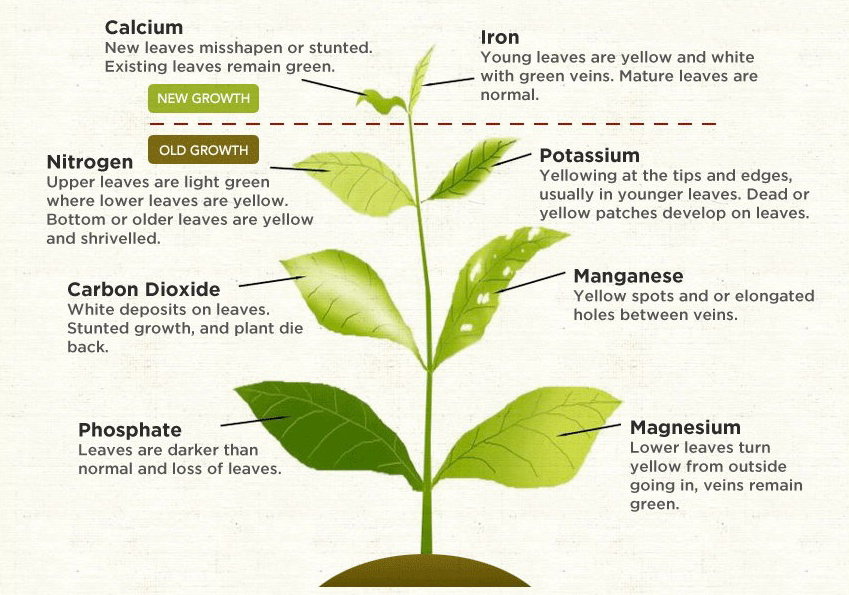
Repeat Regularly
To keep your plants healthy and vibrant, apply organic, water-soluble fertilizer regularly according to the recommended schedule. Different plants have different nutrient requirements at different stages of growth. It is important to monitor the condition of your plants and fertilize them when they begin to germinate, bloom, and bear fruit.
Benefits of Using Organic Water-Soluble Fertilizers
- Improve plant absorption of nutrients
- Naturally promotes plant growth and development
- Improve soil structure and fertility over time
- Promotes beneficial microbial activity in soil
- Reduce the risk of chemical buildup in soil and environmental contamination
- Safe to use around children, pets, and wildlife
Conclusion
Organic water-soluble fertilizers are a simple yet effective way to nourish plants and promote sustainable gardening practices. By understanding the benefits of organic fertilizers and following proper application techniques, you can ensure your plants thrive. Check out KHUMIC’s products and choose one that suits your plant’s specific needs, it can be customized!
FAQs
Can I apply organic water-soluble fertilizer to all types of plants?
Yes, organic water-soluble fertilizers are suitable for a variety of plants, including vegetables, flowers and herbs.
Can organic water-soluble fertilizers be mixed with other plant nutrients?
It’s best to avoid mixing organic water-soluble fertilizers with other nutrients unless recommended by the manufacturer to prevent nutrient imbalances.
What are the signs that my plants need an organic, water-soluble fertilizer?
Yellowing leaves, stunted growth, and reduced fruit production are common signs that a plant may benefit from an organic, water-soluble fertilizer.
